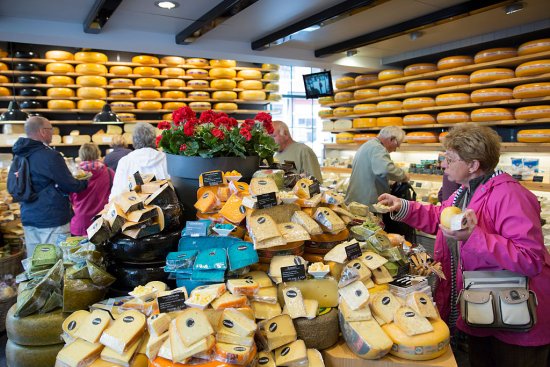
The court ruled that taste cannot be protected by copyright law because it is "subjective and variable"
A Dutch cheese company that tried to argue the taste of its spreadable cheese could be copyrighted was handed a no by the European Union’s highest legal authority on Tuesday.
Ruling for the entire E.U. bloc after the Dutch case was referred to it, the European Court of Justice found that taste cannot be protected by the law because it is “an idea” not an “expression of an original intellectual creation.”
The New York Times reports that the case was brought by Dutch company Levola, which produces a herbed cheese dip called Heks’nkaas. The company sued rival Dutch manufacturer Smilde Foods for copyright infringement after it began making a similar cheese with many of the same ingredients like cream cheese, herbs and vegetables including parsley, leek and garlic.
Levola argued that like other works of literature, art, or science, taste could be copyrighted, while Smilde argued that taste was too subjective for it to qualify for such protection, according to the Times.
The court sided with Smilde, saying that in order earn a copyright, taste needed to qualify as “work,” deriving from original intellectual creation that could be “identifiable with sufficient precision and objectivity.”
“Unlike, for example, a literary, pictorial, cinematographic or musical work, which is a precise and objective expression, the taste of a food product will be identified essentially on the basis of taste sensations and experiences, which are subjective and variable,” the decision cited by the Times read.
Cheese is the not only food product that the European court has delivered a ruling on.
According to the BBC, in July 2018, the court ruled that Kit Kat did not deserve a protected food status. In June 2017, it found that dairy-style names could not be used to brand plant-based foods like tofu in the EU, while in December 2017 it found that a German store could refer its dessert as “Champagner Sorbet” despite the objections of a champagne lobby group.